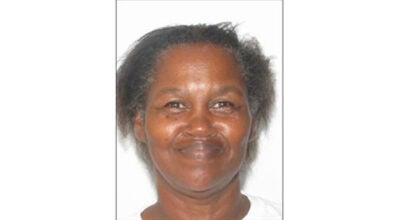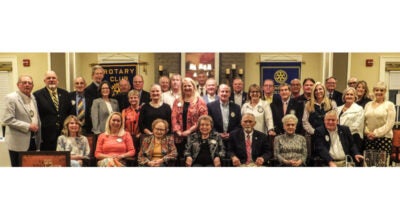Planning considers expanding Windsor’s nuisance law
Published 10:15 am Friday, November 3, 2017
WINDSOR
The Town of Windsor’s Planning Commission is considering recommending that council expand its public nuisance codes to include the authority to repair or remove dilapidated or vandalized structures, or facilities harboring bawdy or illegal activities.
The commission discussed the matter during its meeting on Wednesday evening per a recommendation from the town’s new planning and zoning administrator, Gary Mitchell. Mitchell noted that Windsor already has public nuisance laws granting it the authority to dispose of trash and weeds or to cut the grass of a property that is not being maintained, and to require that any inoperable motor vehicle be kept in a garage. However, he said that the Code of Virginia section 15.2-900 through 15.2-908.1 allows municipalities to regulate structures as well.
Mitchell explained that by having local laws on the books, the town would not need to wait for the county’s response to address a nuisance complaint. The commissioners appeared receptive to the idea.
“A year or two ago we had a building on Court Street close to the school; it was an old store, vacant for years, and people could come across and vandalize it,” said Commission Chairman Benny Brown. “Nothing was done for a long time. Eventually it took care of itself.”
Mitchell also said that when he worked in Prince William County, the county had included a provision where in matters concerning grass or weeds, a person would be notified only once per growing season, and if the issue were to go unaddressed or would be corrected but happen again in the same season, the county maintenance staff would clean up the property themselves and charge the service to the owner in the form of a tax lien on the property.
Enforcement of the provisions in Windsor’s town code would also be accomplished by having the town’s staff make any necessary repairs or removals and charging the owner for the service via a tax lien.
Commission member Larissa Williams, however, cautioned against taking any action against a property owner without first verifying that an issue did, in fact, exist, and also to consider the circumstances of the owner.
“In Norfolk, we had a grouchy old neighbor call the city on us when our grass was seven to eight inches when it was 100 degrees [outside] and neither of us wanted to have heat stroke,” she said. “We got in trouble with our landlord, who lives out in California.”
The Commission ultimately voted unanimously to authorize Mitchell to work with Town Attorney Wallace Brittle to draft a revised version of the town’s public nuisance ordinance, which incorporates the additional types of nuisances specified in the state code. The draft will be discussed during the next Planning Commission meeting and, if approved, will be recommended to Windsor’s Town Council for final approval.
In other business, the Commission reviewed its bylaws but took no action on the matter. Changes being considered include codifying that a Commission member who is absent for three consecutive meetings or four per year may be removed, and that citizens’ time or public hearing speakers are limited to three minutes or five for a group, with more available at the chair’s discretion. The Commission is to vote on and approve a final set of bylaws on Nov. 15.
They also discussed plans for an Old Town Windsor district where some of the town’s older, two-story homes on Church Street would be zoned for mixed use. This would allow residents of those homes to open small businesses on the first floor. Most of the commissioners indicated they would be in favor of such a district but they took no further action on the matter.





